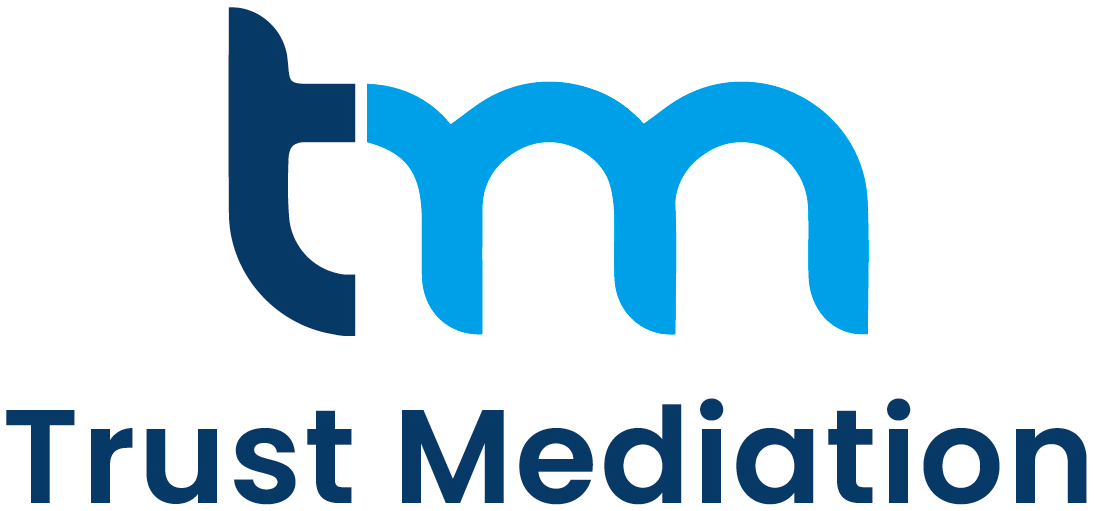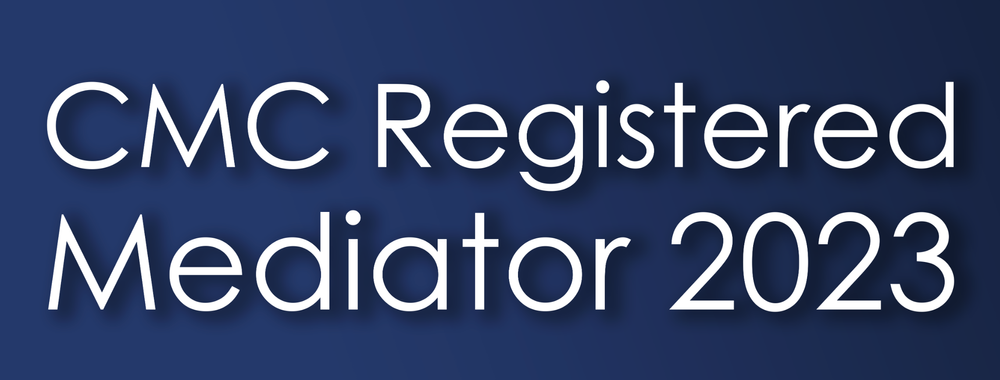Welcome to the first in a series of posts which are designed to help litigators who have not yet taken part in a mediation get a clear understanding of the steps in the process. It will hopefully also be useful for litigators who are experienced in mediation, perhaps you can let me know in the comments section.
Which personal injury cases are suitable for mediation?
First of all, have you got a file that you think should be settled but isn’t? These matters are often good candidates for mediation. When you think about mediating any file ask these two questions:
- Are you in a position to settle it?
You do not need to be ready for a trial to ready to settle, you already settle the vast majority of cases well before trial stage. Instead you need to be in a position to advise your client on any offer that you or the other side might make. To quote Debbie Masucci who spoke at our conference in October 2014
“Mediation is best used strategically when the parties have sufficient information to evaluate and assess the settlement value.” - Have the negotiations stalled?
By stalled I mean neither side is prepared to offer more/accept less than they have already stated, or where liability is denied altogether. In these situations the parties will inevitably proceed down the road of trial preparation. Mediation offers an opportunity to settle early (and now is probably a good time to mention that 90% of the cases referred to Trust Mediation settle, and we only get referred the difficult ones).
Of course you do not need to wait until negotiations stall before offering mediation but it does involve a layer of expense – which can be more than off-set by costs savings.
Why not have a Joint Settlement Meeting?
Many litigators have had a lot of success with JSMs and often they are the right method of ADR to choose. The skill is in recognising when mediation is more likely to be effective. To help with that here are some of the indicators that people often cite when explaining why they chose mediation on a particular case:
- There are multiple defendants
Mediators can assist with the simultaneous negotiations going on between the claimant and the defendants over liability and quantum and between the defendants over contribution. - The legal teams have fallen out
Mediators can help re-open negotiations where relations between the legal teams have become fractious. - The defendant wants a look at the claimant
Seeing and hearing directly from a claimant can persuade insurers that this is a claim they need to settle, mediation is a great opportunity to do this in an environment the claimant’s lawyers can control. - The claimant wants to be involved
Claimants often find they are observers at JSMs but have the opportunity to be as involved as they choose to be at mediation. - Fraud is alleged
Mediation is an ideal venue for both parties to test or rebut alleged issues of fraud. - A JSM was tried and failed
I have successfully mediated cases following failed JSMs.
Can you mediate liability disputes?
At Trust Mediation we have successfully mediated liability only, quantum only and liability and quantum disputes.
Is mediation just for multi-track cases?
There are low cost options for three hour face to face mediation or two hour telephone mediations for fast track disputes or lower value multi-track cases.
Next time … I will look at preparing a compelling offer to mediate that doesn’t make it sound like you’re desperate to settle. Please join the conversation by posting your comment below.


